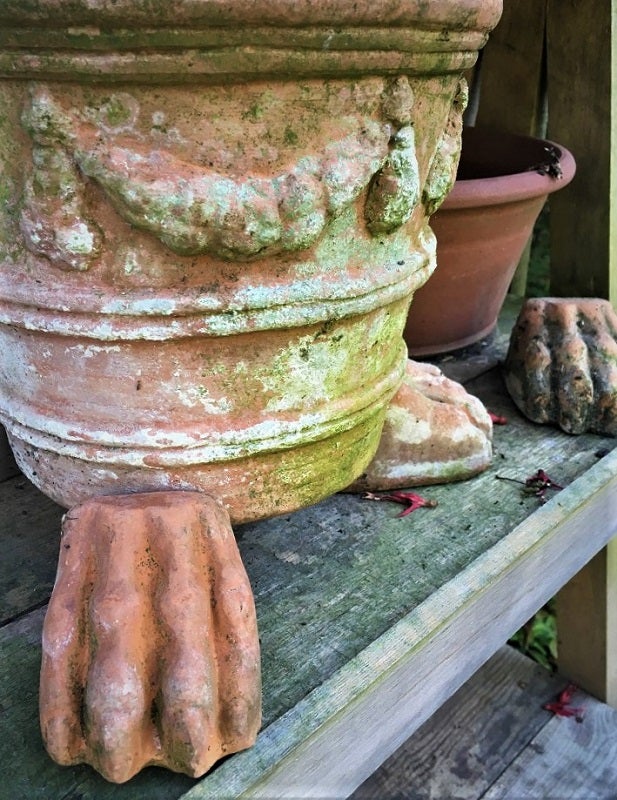Worker Bees do all the work in the hive
Published 1:29 pm Sunday, March 17, 2019

- Bee Hive
You have most likely heard the term he or she is just a “worker bee”. Why would someone say that? Well, it’s a compliment, the term is taken from the antidote that you are always working and busy. But why “bee”? Well, the worker bee is about 95-percent of a bee colony, they are all female and they do ALL the work.
A colony consists of one queen, several drones (male bees) in the spring and summer and thousands of workers.
The queen lays the eggs, the drones fertilize the virgin queens, if he is lucky, of course, if he does he dies.
The workers do everything else.
They clean the hive, produce wax, build comb, care for larva (young bees), guard, collect pollen, nectar, water, fan or ventilate the hive if hot, warm the hive if cold, care for the queen.
A worker will sacrifice her life for the benefit of the hive. And all of this is done from birth to death, which is only about six weeks in the summer.
The first three weeks doing task inside the colony and the last three weeks collecting pollen, nectar or water.
Yes, bees work themselves to death, for one pound of honey, bees will visit 1,000,000 flowers, yes one million.
Wax production is even more taxing as it takes eight pounds of honey equivalent to produce just one pound of wax.
When you see a hive box sitting in the field it is usually about two feet tall and represents the home of 40,000 bees, millions of flowers visited and thousands of miles flown.
Let’s give our friends a break, cut back on the pesticide used, plant a flower or two, let a little clover bloom in the yard.
Remember without bees there would be no squash, apples, almonds, melons, or cucumbers. About 35-percent of our foods are directly dependent on bees and another 35-percent is indirectly dependent.
It requires bees to pollinate the flowers of carrots, broccoli, and canola so we can get the seeds to plant. Help save our bees.
Get to know a beekeeper, the only sure way to eat REAL Texas Honey.
Len VanMarion is TAIS Certified Master Beekeeper






